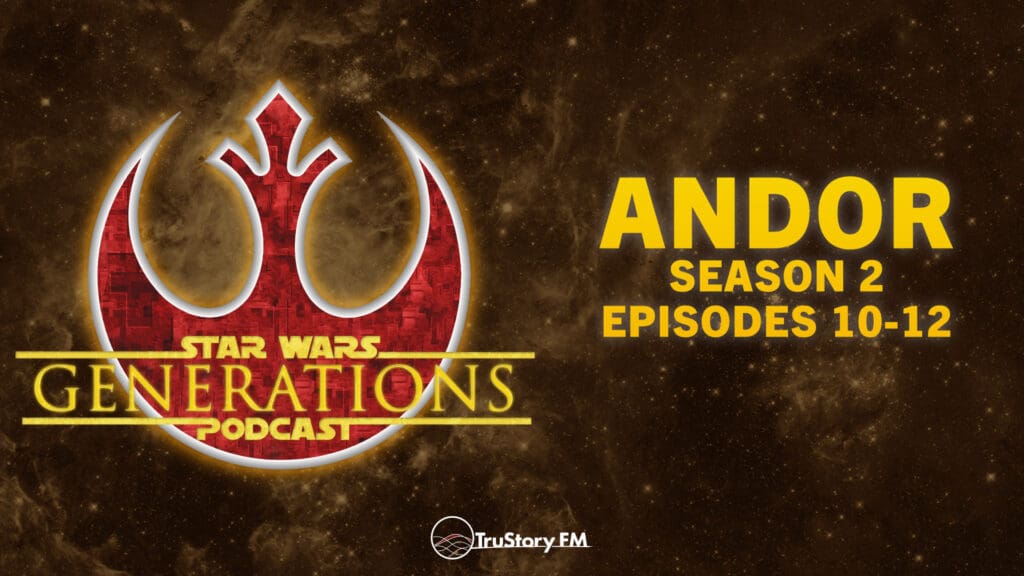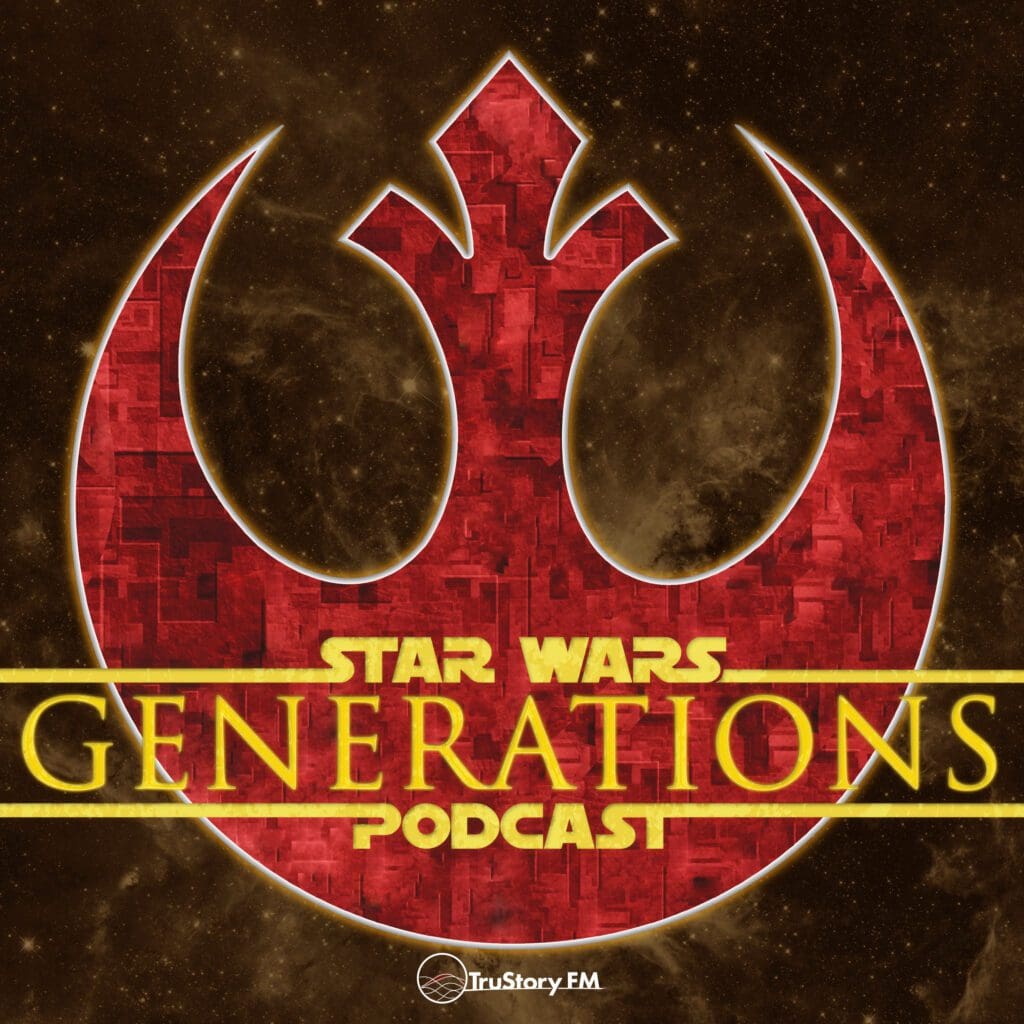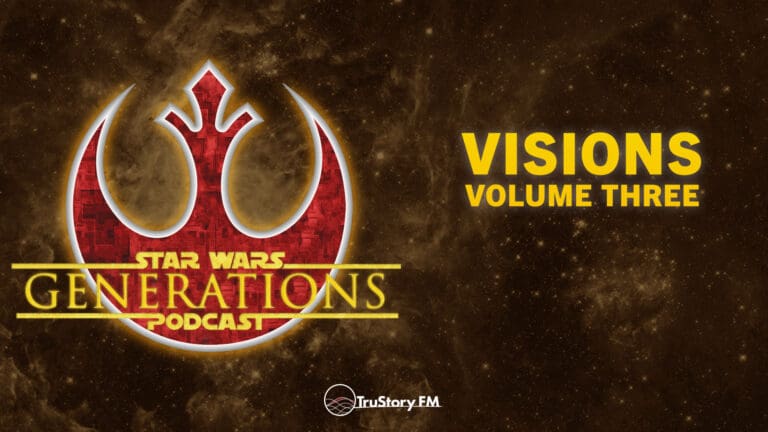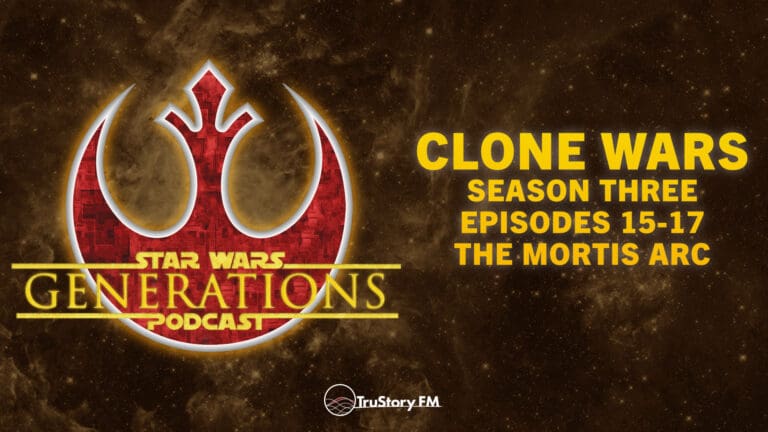Star Wars Generations: Andor Season 2 Finale Reactions – The Dawn of Rebellion
The groundbreaking Andor series reaches its powerful conclusion, connecting directly to Rogue One and reshaping how we view the Star Wars universe. In this episode, hosts Matthew and Alex share their immediate reactions to the final episodes of Andor Season 2, examining how the show bridges crucial gaps in the Rebellion’s formation while delivering some of television’s most compelling character arcs.
How Does Andor Enhance the Larger Star Wars Narrative?
The hosts explore how Andor doesn’t just stand alone but actively enriches the entire Star Wars saga. By connecting seamlessly to Rogue One and A New Hope, the series makes the sacrifices in the original trilogy even more meaningful. The show provides essential context for understanding the Rebellion’s origins, showing the personal costs and moral compromises that went into fighting the Empire long before Luke Skywalker entered the picture.
What Makes Luthen Such a Complex Character?
Luthen embodies the moral complexities at the heart of revolution, raising uncomfortable questions about means and ends. As Matthew notes, the character “troubles me the most, and I think that’s the point,” drawing comparisons to historical revolutionary figures who employed violent tactics in service of just causes. Luthen’s own words resonate throughout the series: “I’m condemned to use the tools of my enemy to defeat them,” highlighting the central ethical dilemma facing all resistance movements. The hosts debate whether his methods were justified and how his character forces viewers to question their own moral judgments about real-world resistance movements.
How Does the Empire Treat Its Own People?
The fate of Imperial officers like Dedra Meero and Partagaz reveals a brutal truth: “You could do everything for the Empire, you could give yourself to it… but in the end, no matter how loyal you are, you’re expendable.” The hosts discuss how the series brilliantly portrays the Empire’s callous treatment of even its most dedicated servants, creating a system where middle-management bullies like Krennic thrive while true believers are discarded when no longer useful.
What Legacy Is Left Behind?
The final moments of the series spark discussion about how characters’ sacrifices ripple through the timeline. As Luthen states in his powerful speech, “I burned my life to make a sunrise that I know I’ll never see,” foreshadowing the future that Cassian and others will help create but never witness themselves. The hosts debate the controversial ending for Bix’s character and whether it serves the narrative or relies too heavily on common tropes.
Other Topics Covered:
- How K2-SO’s introduction creates both comedic moments and surprisingly tense action scenes
- The significance of Easter eggs connecting to other Star Wars properties, including Rebels
- Whether Kleya and Cassian might be siblings, and why making this connection would undermine the story
- How actors delivered Emmy-worthy performances across multiple complex roles
- The perfect execution of Andor as a complete two-season story with clear vision from start to finish
- Why Orson Krennic’s introduction establishes him as the quintessential Imperial middle-manager bully
- The visual parallels between key scenes in the finale and Rogue One‘s ending
Andor has redefined what Star Wars storytelling can achieve on television, creating a rare series that appeals equally to hardcore fans and newcomers to the galaxy far, far away. By focusing on ordinary people caught in extraordinary circumstances, the show illuminates the personal costs of resistance while never losing sight of why the fight against tyranny matters—even when victory seems impossible and the path forward requires difficult compromises.











